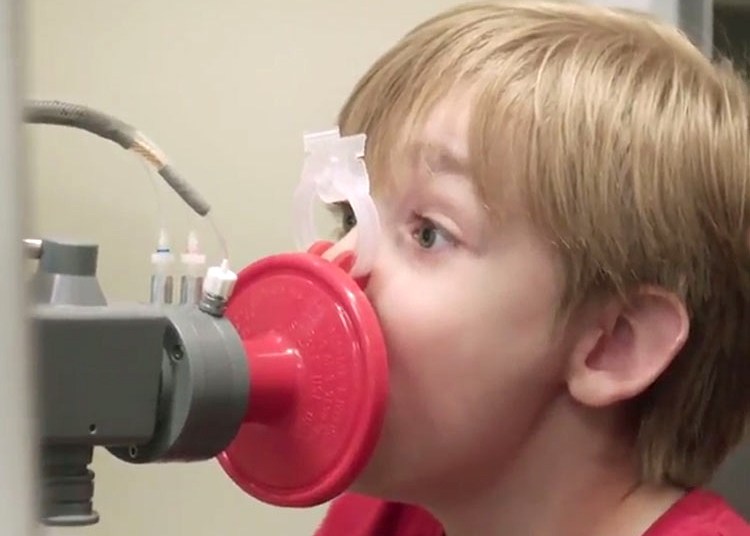Search

Amber Mum of four, Ethany, Xavier, Imogen and Adison. Co-founder of Tiny Sparks WA, Chair of Preterm Community Reference Group, Wal-yan Respiratory

News & Events
Raine Foundation grants powering child health researchValuable support from the Raine Medical Research Foundation’s 2025 grant round will power four new research projects at The Kids Research Institute Australia.

News & Events
Triple triumph for The Kids at 2025 Premier’s Science AwardsThree researchers from The Kids Research Institute Australia were recognised as being among Western Australia’s brightest and most innovative scientific minds at last night’s 24th Premier's Science Awards.

News & Events
National study to assess impact of social media ban on families and kidsA unique national study to examine the impact of the Federal Government’s social media ban on families is being undertaken by The Kids Research Institute Australia, in collaboration The University of Western Australia and Edith Cowan University.

News & Events
Funding boost for ORIGINS child and family health researchORIGINS is celebrating a substantial funding increase for its world-class research into child and family health and wellbeing.

News & Events
Big run ends, race for cure continuesOur local legend, brain cancer researcher Jacob Byrne, has crossed the finish line of his final marathon, completing his Big Run for Little Brains - 30 marathons in 30 days, covering 1266km across Perth’s local government areas.

News & Events
Researchers at The Kids push back against claims linking paracetamol to autismResearchers at The Kids Research Institute Australia have pushed back against claims by US President Donald Trump linking paracetamol use during pregnancy to autism.

News & Events
CF Awareness MonthInformation about cystic fibrosis awareness month and CF research at The Kids

News & Events
Empowering parents: ORIGINS secures MRFF grant to develop early childhood flourishing toolORIGINS sub-project, The Flourishing Child, has received a $746,051 grant from the Medical Research Future Fund to develop a Flourishing Assessment and Pathway Tool to address gaps in early intervention for children's mental health.

News & Events
Families shape future of Down syndrome careA collaborative study between UWA, Perth Children’s Hospital, The Kids and advocacy and support group Down Syndrome WA, has identified the top priorities, according to patients and carers, for clinical care and research for children with the genetic cond
